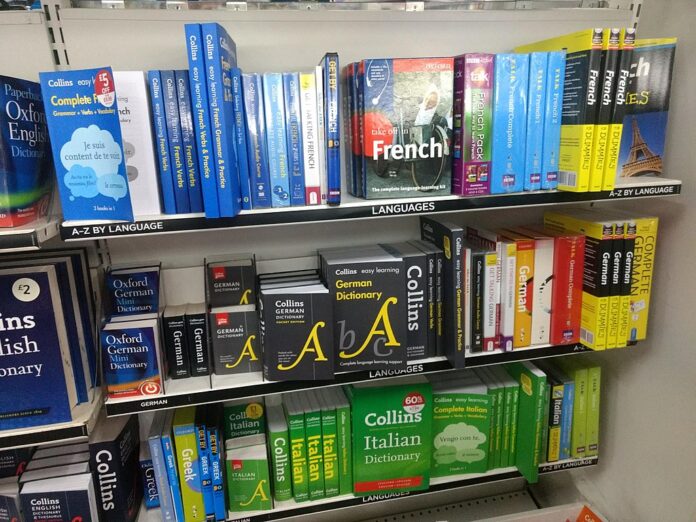The term, defined as embodying a “confident, independent, and hedonistic attitude,” finds its roots in Charli XCX’s music and aesthetic, influencing pop culture and politics alike
In a bold move that reflects the zeitgeist of contemporary culture, Collins Dictionary has named “brat” as its 2024 Word of the Year. The term, capturing a spirit of confidence, independence, and hedonism, has rapidly permeated popular culture, inspired by the influential pop star Charli XCX. Initially popularised by her sixth studio album, Brat, released in June 2024, the term has evolved into a cultural movement that resonates with many, especially among younger generations.
Describing a “brat” as someone who embodies a carefree yet unapologetic lifestyle, Charli XCX characterises the concept as reflecting a girl who “has a breakdown, but kind of like parties through it.” This portrayal taps into a raw and honest energy that is both relatable and empowering. The aesthetic associated with “brat” diverges sharply from more traditional norms, celebrating a rebellious and often messy approach to life that stands in stark contrast to the polished image of the “clean girl” trend.
Embed from Getty ImagesThe rise of “brat” has not only influenced fashion and music but has also made its way into the political arena. Notably, Kamala Harris’s campaign team has embraced the term, branding her social media presence with a “brat rebrand” aimed at attracting younger voters. This strategy underscores the word’s versatility and relevance across various spheres of society.
Collins Dictionary’s lexicographers, who examine social media and cultural trends to curate their annual list of notable words, have recognised “brat” as a term emblematic of Generation Z’s values. The current cultural landscape is increasingly shaped by platforms like TikTok, where the “brat” aesthetic has gained traction, promoting a carefree attitude that celebrates flaws and vulnerabilities.
In addition to “brat,” Collins Dictionary has introduced other words that encapsulate the sentiments of the year. Among them is “era,” inspired by Taylor Swift’s widely acclaimed Eras Tour, which has resonated with fans across the UK and Europe. Defined as “a period of one’s life or career that is of a distinctive character,” the term reflects the influence of pop culture on language and identity.
Other notable additions to this year’s list include “yapping,” which refers to talking at length about trivial matters, and “delulu,” describing a state of unrealistic expectations. These terms further illustrate how language is evolving within a digital context, particularly among younger audiences.
Interestingly, amidst global political discourse, only one political term has made it onto the list: “supermajority.” Defined as a large majority in a legislative assembly that enables a government to pass laws without effective scrutiny, this term gained prominence during the UK general election in July, highlighting the ongoing intertwining of language and political dynamics.
As “brat” takes its place as the Word of the Year, it encapsulates a broader cultural shift towards authenticity, rebellion, and individualism. Charli XCX’s influence is undeniable, as her work continues to inspire a generation to embrace their identities boldly and unapologetically. This cultural phenomenon, rooted in music and social media, challenges traditional norms and paves the way for a more liberated expression of self.
